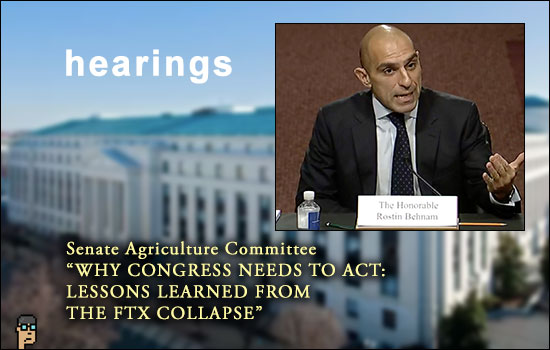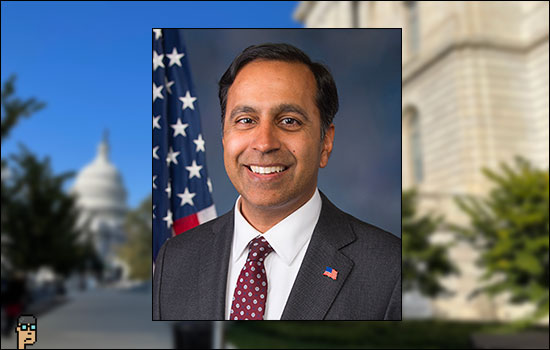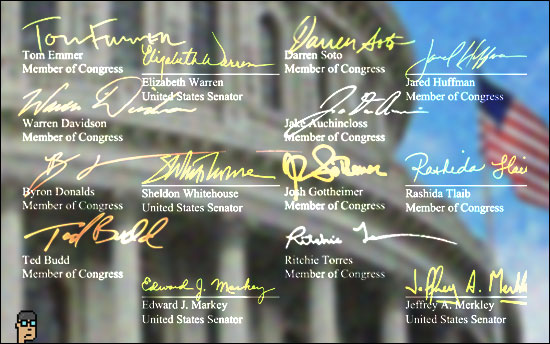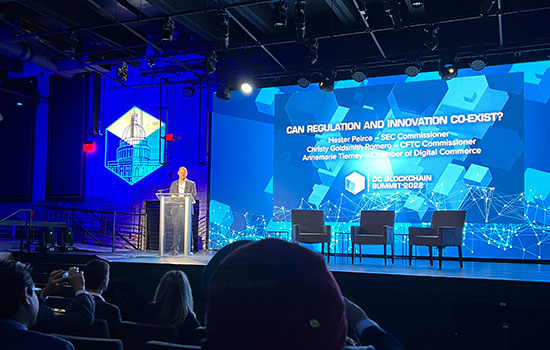With the collapse of cryptocurrency exchange FTX not even a month old, the first FTX hearing commenced on Capitol Hill with the Senate Agriculture Committee questioning Commodity Futures Trading Commission (CFTC) Chair Rostin Behnam yesterday in Washington D.C.
Overall, the hearing seemed to be a theater of positioning by Senate Ag intended to address…
-
- Urgency – Senate Ag and the CFTC appeared to believe the Digital Commodity Consumer Protection Act (DCCPA) has more urgency than ever in light of the FTX collapse.
- Overcoming the conflict of interest – Senate Ag and the CFTC endeavored to distance themselves from FTX and its founder Sam Bankman-Fried (SBF). The unspoken message is that FTX did not influence the creation of the DCCPA. On that note – and grasping for transparency, for example – CFTC Chair Behnam’s calendar in the past year was under the microscope which included 10 FTX meetings largely related to its subsidiary LedgerX and its DCO application – not DCCPA.
- Refinement– Chair Rostin Behnam and Committee members urged that learnings from FTX’s implosion be incorporated into the new bill. In some ways, the refinement appears to be finding a way to bring companies like FTX onshore, which would have required the company to adhere to regulations that would have prevented the implosion in the first place.
- Pause – In spite of the urgency, the need for refinement requires pause. DCCPA won’t be heading for a vote on the Committee or Senate floor until next year at the earliest. Chair Behnam advocated as much.
Hearing context
On its face, D.C. appears to be in soul-searching mode as it gropes for answers on how the FTX collapse occurred even though the company was based in the Bahamas. The krux of the concern, though, stems from the humiliation endured by unsuspecting lawmakers who had been courted and cajoled by FTX founder and CEO Sam Bankman-Fried.
Continue reading “Senate Ag Committee Attempts To Resuscitate DCCPA, Distance From FTX”








